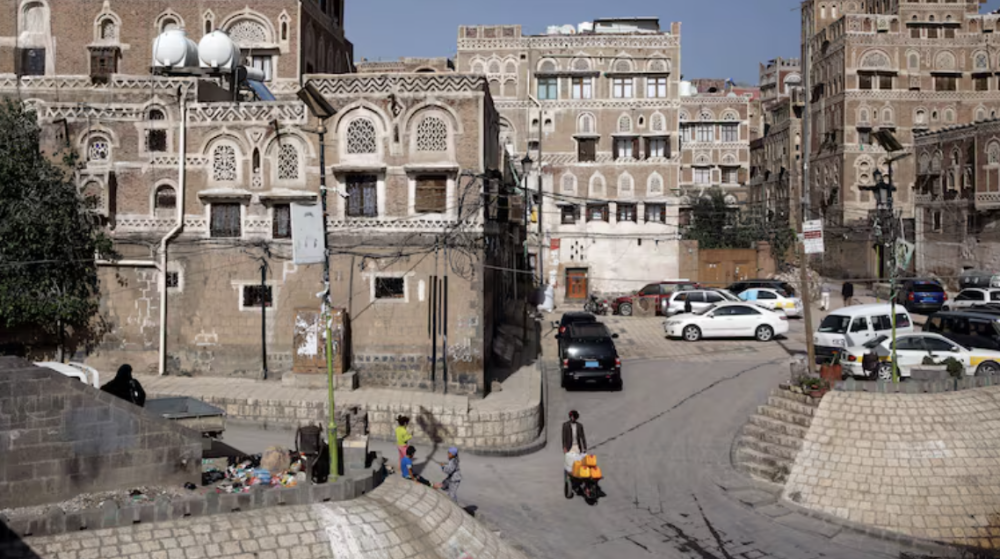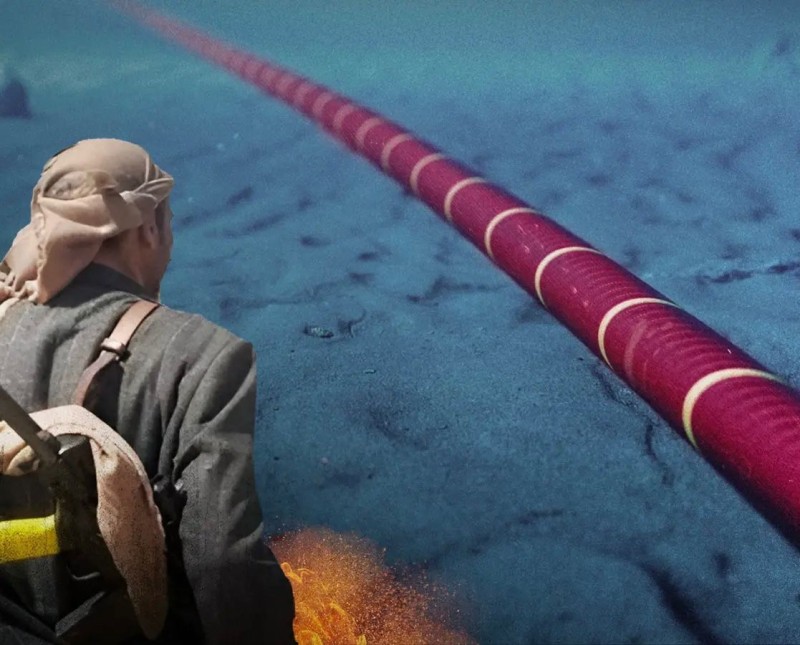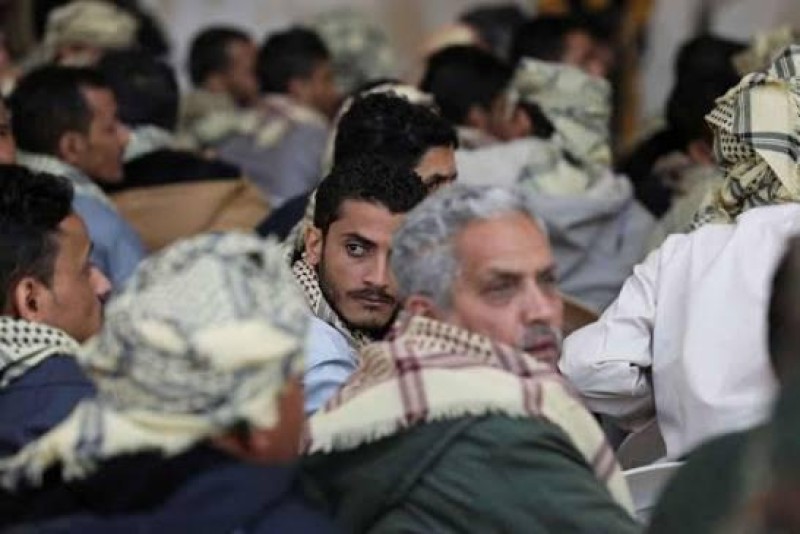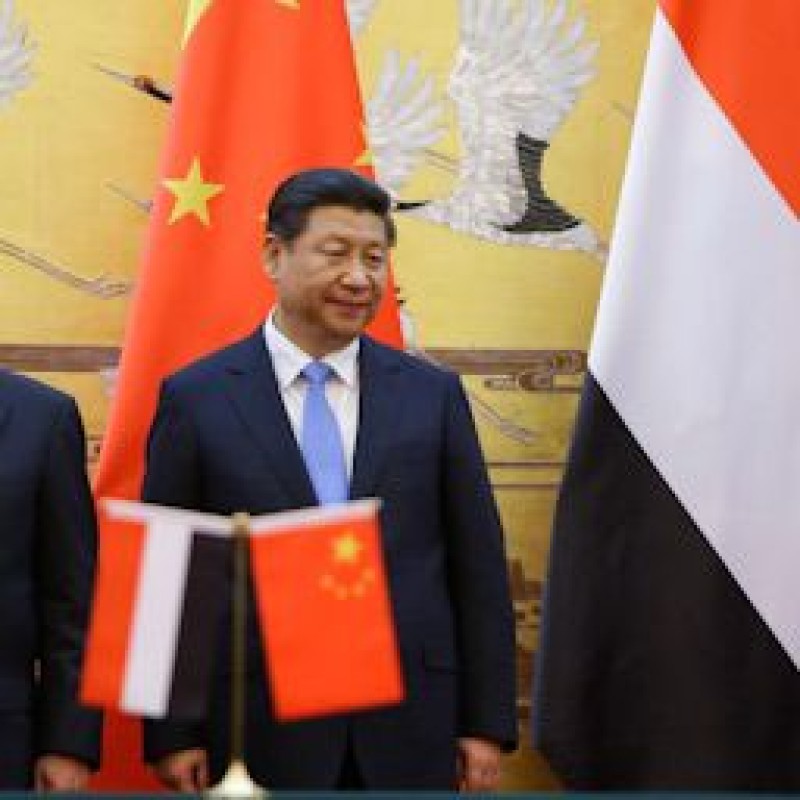Even amid the Gaza war, Yemen peace talks can be revived if the world were to seize the moment


Before the Hamas militant group attacked Israel on October 7, 2023, negotiations to end Yemen’s long-standing civil war were more productive than they had been for years. At the very least, there was a horizon for starting a political process.
The Houthi rebel group, which took the capital Sanaa in 2014, continued to hold large swathes of the country even after a seven-year campaign by the internationally recognised government and its regional allies to dislodge them. The government, based in the port city of Aden, was the weaker party, but still standing. But the prolonged stalemate was finally growing tiresome enough that both parties were rumoured to be close to a “roadmap” to making their ceasefire permanent and ending the war.
The Hamas attack, despite taking place more than 2,000km from Yemeni soil, along with Israel’s brutal and ongoing war of revenge in Gaza, changed all of that. The Houthis have dropped peace talks and instead taken to firing at commercial ships in the Red Sea, ostensibly in solidarity with the Palestinian cause. Punitive air strikes on Yemeni cities by Israel, the US and UK have dealt much damage but failed to cripple the Houthis. What hasn’t killed them may even have made them stronger. Emboldened by their perception of invincibility, the Houthis continue to rule with extremism and repression.
In the absence of any momentum towards a resolution, the government in Aden risks becoming inert, increasingly paralysed by internal disagreements. Its Presidential Leadership Council – an executive committee comprised of often-competing factions – has been unable to tackle an economic crisis in government-held areas. In May, the prime minister, Ahmed Awad bin Mubarak, resigned after complaining of being blocked by the PLC from carrying out his official duties. Hoping to signal that it takes economic issues seriously, the Council chose the Minister of Finance to replace him. But in the absence of deeper constitutional reform that prevents obstacles of the sort faced by Mr bin Mubarak, it is unlikely to make a difference.
This state of affairs has not merely put the prospect of a Yemeni peace on ice but degraded it. The international community has seemingly become indifferent to that reality. Western powers, in particular, have come to treat Houthi actions as a mere extension of the Gaza conflict, behaving as though the Houthi threat will diminish in the event of a deal between Israel and Hamas.
In the absence of any momentum towards a resolution, the government in Aden risks becoming inert, increasingly paralysed by internal disagreements. Its Presidential Leadership Council – an executive committee comprised of often-competing factions – has been unable to tackle an economic crisis in government-held areas. In May, the prime minister, Ahmed Awad bin Mubarak, resigned after complaining of being blocked by the PLC from carrying out his official duties. Hoping to signal that it takes economic issues seriously, the Council chose the Minister of Finance to replace him. But in the absence of deeper constitutional reform that prevents obstacles of the sort faced by Mr bin Mubarak, it is unlikely to make a difference.
This state of affairs has not merely put the prospect of a Yemeni peace on ice but degraded it. The international community has seemingly become indifferent to that reality. Western powers, in particular, have come to treat Houthi actions as a mere extension of the Gaza conflict, behaving as though the Houthi threat will diminish in the event of a deal between Israel and Hamas.
This approach is both short-sighted and wrong. There is a chance to revive Yemen’s peace talks, as the UN’s special envoy to Yemen, Hans Grundberg, reminded everyone during a visit to the country this month. The level of fighting within the country has subsided, Mr Grundberg noted, and the calm provides space for confidence-building measures between the two sides, if others can prod them along.
It helps that the Houthis’ main backer, Iran, appears to be growing weary of regional conflict, even if the rebels themselves are not. Tehran’s security apparatus was badly wounded in its recent war with Israel and has seen its influence both in Syria and Lebanon much diminished. That offers some leverage with which to remind the Houthis that they are not, in fact, invincible, but rather deeply dependent on a network of alliances that is much weaker than it was when they took power.
“The opportunity for peace still exists,” Mr Grundberg told reporters in Aden, “but it requires courage, compromise and a genuine commitment to the Yemeni people’s future.” This may feel like a lot to ask for in a region trying to quell several outbursts of conflict at once, but it is the very least that millions of Yemenis deserve.

A new media report has revealed that Google is embarking on a major subsea cable initiative, dubbed Blue Raman, in a strategic move to establish a…

Muscat – Thousands of Yemeni families are anxiously watching the ongoing prisoner exchange talks in Muscat, Oman, hoping for a breakthrough t…

RIYADH — China has reiterated its steadfast position in support of Yemen’s unity, sovereignty, and territorial integrity, underscoring…